Project Ara's working prototype to be finished next month
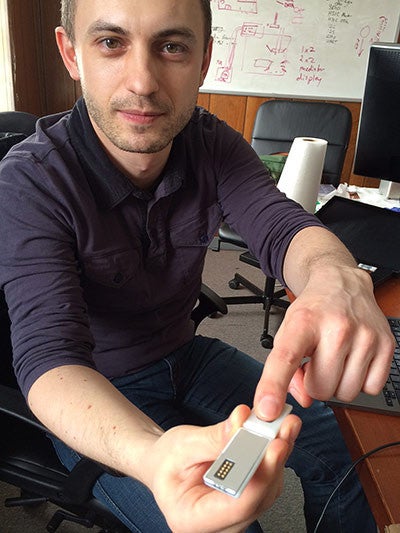
The endoskeletons will be offered in different sizes, including phablet-size, and smaller ones akin to musical players. These aside, Ara's hardware ecosystem is completelyopen to interested manufacturers. And, as different kinds ofcomponents emerge, users will be able to combine the modules into afully customized smartphone tailored to their specific purposes -such as photography, medical monitoring, experimenting with sensors,and vice versa.
A working prototype should be finishedthis month, while the project's research and development processseems to be going full steam. MIT's reporter was shown prototypepulse oximeter for measuring blood oxygen levels, and thermal imaginglens modules in 3D-printed plastic enclosures, while an infraredcamera lens was under development. When it's ready, users who needthe functionality can attach it to the endoskeleton and go abouttheir day. Good stuff! Talking about the plastic enclosures, Googlehas partnered with Andover, Massachusetts' 3D Systems to make thesequickly, cheaply, and in many different colors and designs.Additionally, not only cases, but entire components as well, could bemanufactured using 3D printing. Talk about potential!
Ara is already shaping up to be a significant breakthrough in design and user experience
We also learn that Google plans to testbasic Ara devices including only a Wi-Fi module, chipset, screen, andbattery in South or Central American countries where wirelesshot-spots are common alternatives to expensive cellular plans. These modular phones will cost only $50each to make, while the retail price is still under consideration. Itlooks like competition for the $25 FirefoxOS phones is alreadybrewing at NK Labs, the place where MIT reported from. It's acontract manufacturer ran by electrical engineer Ara Knaian, whosename christened the project. There are several more labs, with over100 employees working on the project simultaneously.
First-time smartphone owners aside,Project Ara will be sampled by a list of about 3328 registeredcompanies, varying from medical sensor vendors to display suppliers,that signed up for the first Ara Developers Conference (April 15-16,Mountain View, CA). Google is tasked with convincing them to turntheir technology into Ara modules.
The story of Project Ara becomes moreand more interesting with each new announcement. Just looking at thephotos gives us a fit of curiosity that only a tech junkie canexperience. And, as today's manufacturers mostly opt for incrementalpower and design updates in their yearly flagship products,innovation grows increasingly rare. Ara is already shaping up to be asignificant breakthrough in design and user experience, one that thephone industry hasn't experienced since it met the iPhone and iPad.
source: MITTechnology Review
Photos by David Talbot

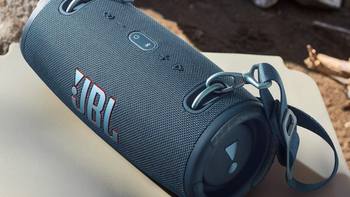
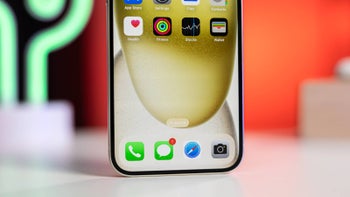

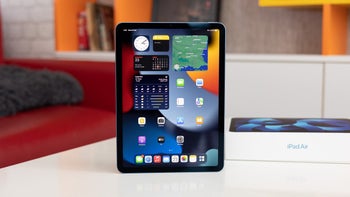
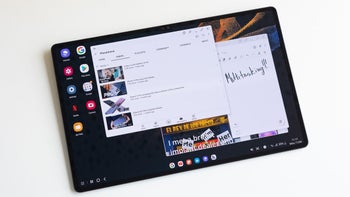
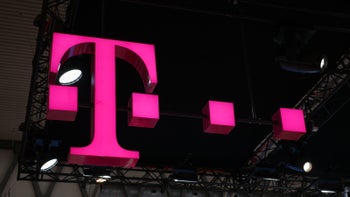
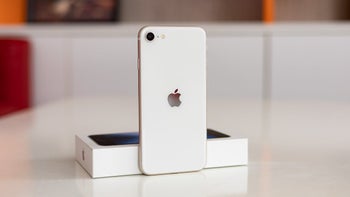
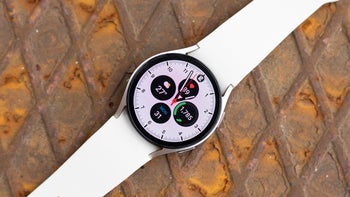
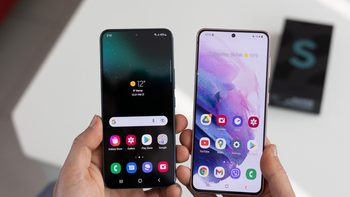


Things that are NOT allowed: